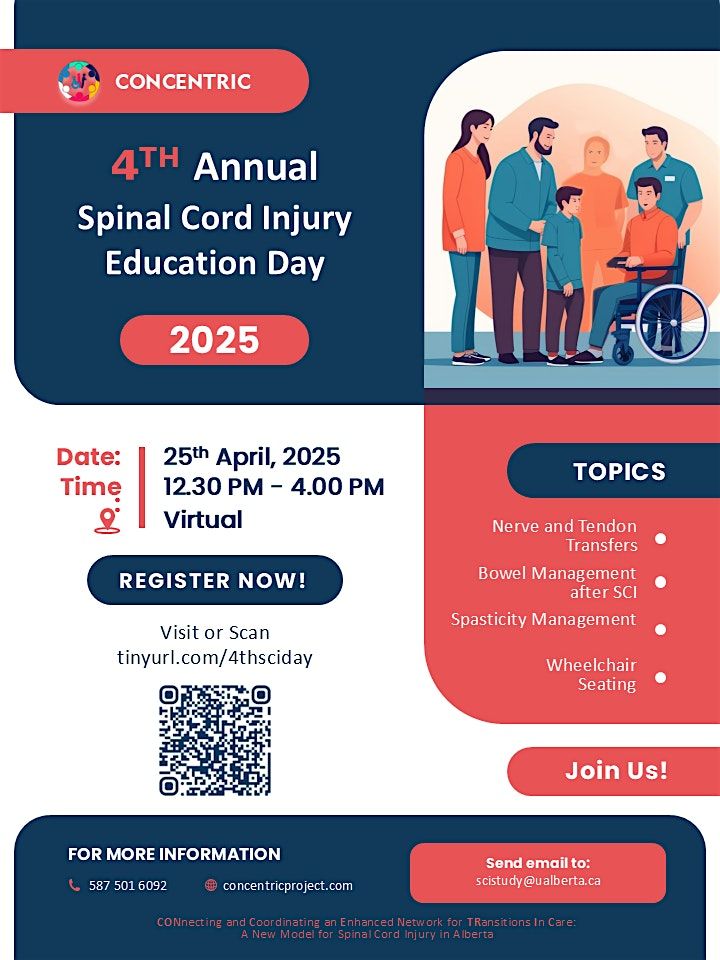
About this Event
Daniel N. Klein, PhD, is a State University of New York Distinguished Professor in the Department of Psychology at Stony Brook University. He received his undergraduate degree from Brandeis University and his doctorate in clinical psychology from the University at Buffalo.
About This Event
Longitudinal studies of multifinality and equifinality can reveal important sources of heterogeneity in clinical phenotypes. I will focus on the examples of irritability in children and adolescents, and depression in adolescents and young adults.
Irritability is arguably the most common clinical presentation in youth. It is also a prime exemplar of multifinality, predicting the full gamut of internalizing and externalizing problems. However, within irritability, there are separable tonic and phasic dimensions. In a number of samples, we have shown that tonic irritability is uniquely associated with and predicts internalizing outcomes, while phasic irritability is uniquely associated with and predicts externalizing outcomes. Distinguishing these dimensions may provide clues for advancing the understanding and treatment of irritability.
There are numerous pathways to developing depressive disorders (equifinality). Importantly, once established, the life course of depression is very variable: Some individuals experience a time-limited course and others a chronic-intermittent course. I will present data indicating that these two course patterns can be differentiated even before the first lifetime onset of depression. These findings suggest the value of a life history approach to understanding the heterogeneity of depression.
Learning Objectives
- Explain the meaning and relationships among the following terms: multifinality, transdiagnostic, equifinality, and etiological heterogeneity.
- Discuss the tonic and phasic components of irritability and the evidence supporting this distinction.
- Describe why longitudinal course patterns may be useful in parsing the heterogeneity of depressive disorders.
About the Visiting Professor Lecture Series
The Child Mind Institute Visiting Professor Lecture Series invites leaders in the field of child and adolescent mental health to talk about the latest research and treatment protocols. All events are open to the public. Continuing medical education (CME) credits for psychiatrists and continuing education (CE) credits for psychologists and social workers are available to registered course participants. Learn more.
Event Venue
Online
USD 27.18












